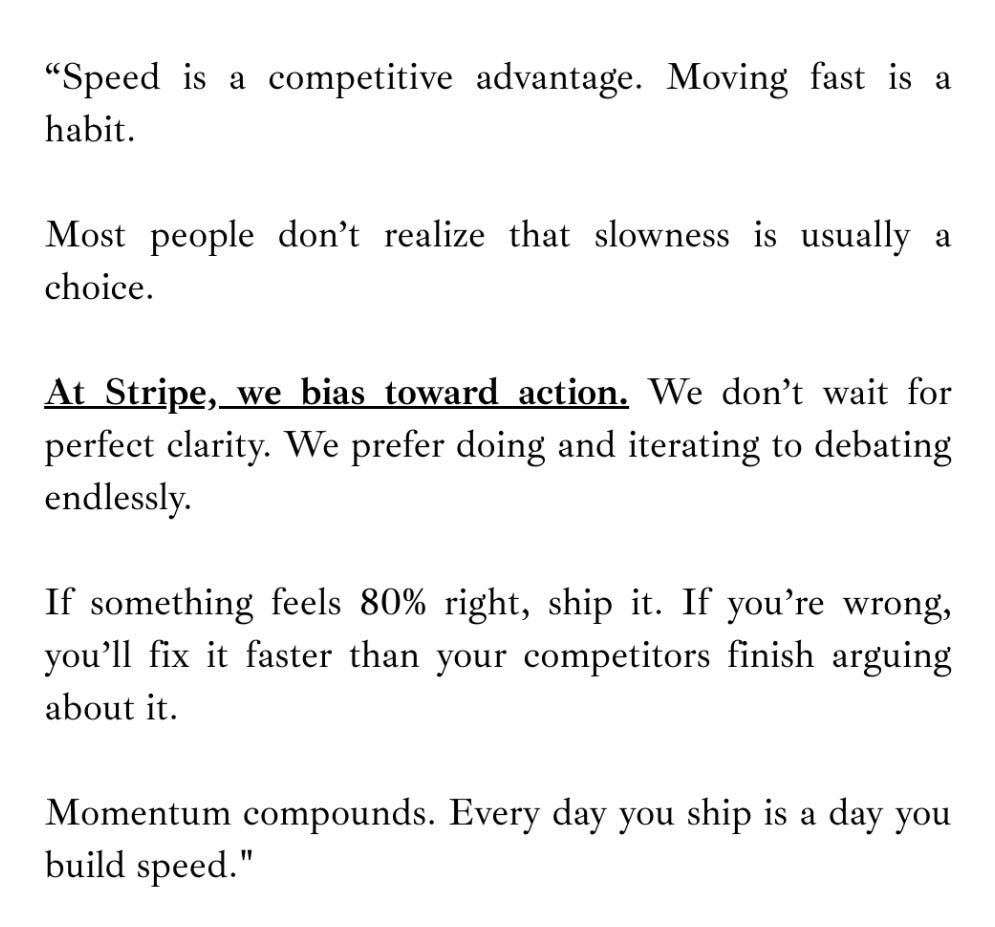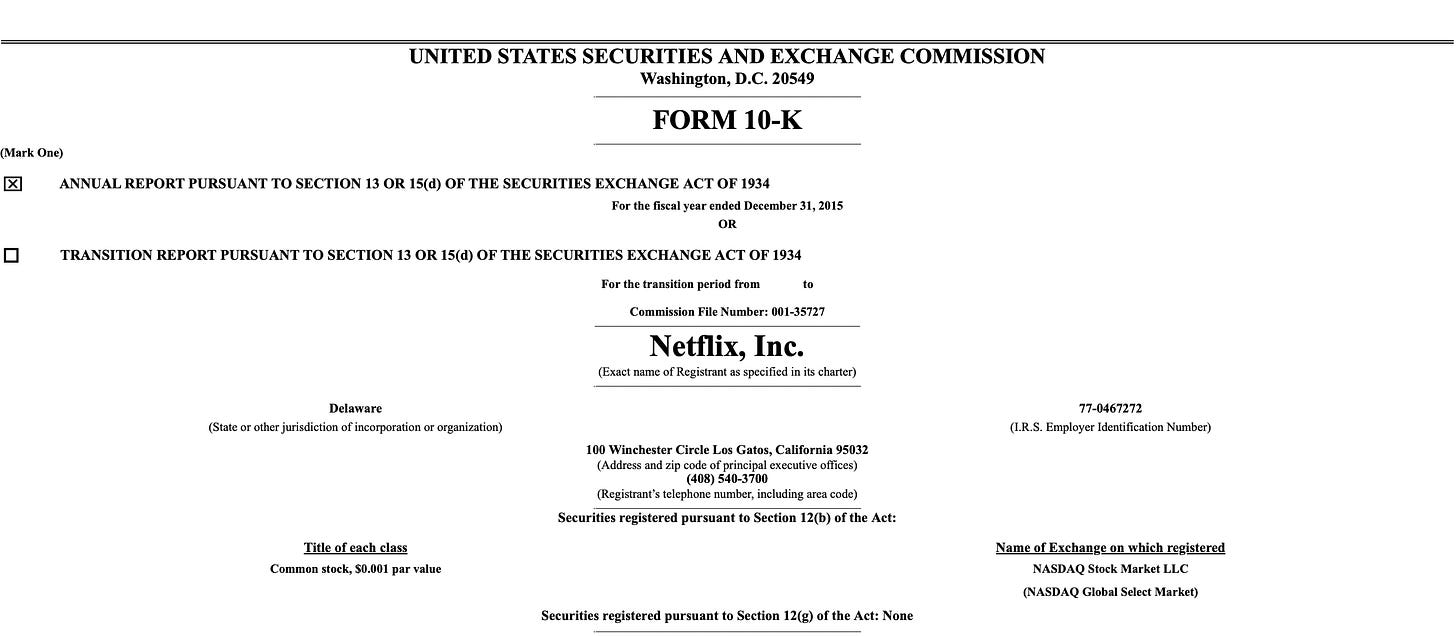
So here's a fun fact: 100% of Fortune 500 companies now use artificial intelligence in some capacity. One hundred percent! That's like saying 100% of teenagers have angst or 100% of lawyers bill in six-minute increments¹. It's both completely unsurprising and slightly terrifying in its completeness.
The number comes from a recent analysis showing that AI investment now accounts for 12% of IT budgets, up from 10% just months ago. Which, if you think about it, means that in the span of a few months, corporate America collectively decided that AI deserved an extra 2% of their technology spending. That's roughly $50 billion in additional AI investment across the Fortune 500, moved faster than most of these companies can approve new office coffee machines.
But here's where it gets interesting (and by interesting, I mean "existentially terrifying for anyone who enjoys having a job"): Silicon Valley investor Vinod Khosla predicts that AI will replace 80% of jobs by 2030 and "take much of the Fortune 500 with it." Now, Khosla has been wrong before (remember when he predicted that robots would replace doctors by 2012²?), but his track record of being early rather than wrong is... concerning

.
Fortune 500 companies are now splitting into two camps, like a corporate version of the Sharks and the Jets, except instead of dancing and singing, they're frantically hiring data scientists and praying their legacy systems don't collapse under the weight of machine learning algorithms.
On one side, you have the AI-First companies. These organizations treat artificial intelligence like oxygen: invisible, essential, and if you don't have it, you die. These are the companies that structure everything around data collection and algorithmic decision-making. They're like that friend who meal-preps on Sunday and has their entire week planned out, except instead of quinoa bowls, they're optimizing supply chains in real-time.
On the other side, you have the Traditional Companies, which are essentially trying to perform heart surgery on themselves while running a marathon. They're retrofitting AI into systems that were designed when "cloud computing" meant daydreaming and "big data" was what you called your quarterly sales report. It's like trying to install a Tesla battery in a Model T Ford. Theoretically possible, but you're going to need a lot of duct tape and possibly a therapist.
The evidence suggests this divide is becoming existential. Companies like Klarna now have an AI assistant that handles the workload equivalent to 700 full-time employees³. Seven hundred! That's not just automation; that's the digital equivalent of Thanos snapping his fingers, except instead of randomly eliminating half the universe, he's very specifically eliminating customer service representatives.
Let's talk about some numbers that will either excite you or make you want to update your resume:
The top 10 AI companies have gained $8.7 trillion in market capitalization since ChatGPT launched in late 2022. For comparison, that's roughly the GDP of Germany and Japan combined, created in less time than it takes most people to finish a Netflix series. OpenAI is now valued at $300 billion, which is more than the market cap of Nike, McDonald's, and Coca-Cola combined. A company that makes chatbots is worth more than the company that makes shoes for every athlete in the world, plus the company that feeds millions of people daily, plus the company that has convinced the entire planet that sugar water is delicious.
Meanwhile, traditional companies are announcing layoffs faster than a startup burns through venture capital. Intel is cutting 20% of its workforce. Microsoft eliminated 6,000 employees. UPS announced plans to lay off 20,000 workers. It's like a corporate version of musical chairs, except the music is "The Sound of Silence" and most of the chairs have been replaced by algorithms.
Venture capital funding for AI companies reached $100 billion in 2024, which represents an 80% increase from 2023. This means that in a single year, investors collectively decided that AI companies deserved an extra $44 billion in funding. That's more than the GDP of Luxembourg, invested in companies that mostly exist to make other companies' employees obsolete.

The pace of change is accelerating beyond what most business planning cycles can handle. Eighty-two percent of leaders agree their industry's competitive situation will look different in the next 24 months. This isn't the usual corporate speak about "market conditions." This is executives basically admitting they have no idea what their industry will look like by the next presidential election.
Salesforce CEO Marc Benioff reports that AI now handles up to 50% of all work at his company. Fifty percent! That means that for every hour a human spends working at Salesforce, an AI is doing an hour of work somewhere else in the company. It's like having a shadow workforce that never takes coffee breaks, never calls in sick, and never asks for a raise⁴.
The company's hiring patterns have shifted dramatically, with 51% of Q1 2025 hiring being internal as thousands of employees were redeployed to new AI-focused roles. This is corporate America's version of "we're not firing you, we're just completely changing your job description and hoping you figure it out."
Here's a number that should make every Fortune 500 CFO wake up in a cold sweat: 64% of Fortune 500 companies now mention AI in their annual reports as a risk factor. That's a 473% increase since 2022. In corporate speak, this is the equivalent of standing up in a board meeting and screaming "THE ROBOTS ARE COMING AND THEY'RE GOING TO TAKE OUR JOBS!"
Netflix's annual report states: "If our competitors gain an advantage by using such technologies, our ability to compete effectively and our results of operations could be adversely impacted." This is Netflix, a company that helped kill Blockbuster, revolutionized television, and convinced millions of people that binge-watching shows is a perfectly acceptable way to spend a weekend, admitting they're scared of being disrupted by AI.
It's like watching Superman admit he's worried about kryptonite, except the kryptonite is being mass-produced by every startup in Silicon Valley.

AI is fundamentally disrupting traditional business models in ways that make the internet revolution look like a gentle suggestion. Service-based companies are shifting from billing by the hour to billing by outcomes, which sounds great until you realize that AI can achieve those outcomes in minutes rather than hours. It's like switching from a taxi meter to a flat rate, except the flat rate is based on teleportation technology.
Retail is changing from "one size fits all" to "one size fits you, specifically, based on your purchase history, browsing behavior, and that weird thing you bought at 3 AM last Tuesday." Manufacturing is transitioning from linear production to AI-optimized operations that predict problems before they happen, like having a crystal ball that also happens to be really good at math.
Financial services are moving from "please come to our branch and speak to a human" to "our algorithm knows you better than you know yourself and has already approved your loan before you knew you needed one." It's convenience taken to its logical extreme, assuming that extreme involves surrendering all privacy and agency to mathematical formulas.
Traditional barriers to entry are collapsing faster than a house of cards in a hurricane. Startups with AI-first models are competing directly with Fortune 500 companies, often with superior efficiency and lower costs. It's like watching a chess grandmaster lose to a computer, except the computer is also somehow better at marketing and customer service.
A venture capitalist notes: "The organizations that will thrive in this agentic future are those that recognize deployment is only the beginning." This is VC speak for "buying AI software is like buying a gym membership: the real work starts after you swipe your credit card."
For Fortune 500 companies, the choice is becoming binary: transform or become a cautionary tale for MBA students. The companies that will survive are those that embrace AI-first thinking, invest heavily in AI infrastructure, and redesign their business models around AI capabilities rather than human limitations.
This requires what economists call "creative destruction," which is a fancy way of saying "blow up everything you know and start over, but with more algorithms." It's like renovating your house while living in it, except the renovation involves replacing your foundation with machine learning models and your electrical system with neural networks.
Companies need to move fast to stay ahead of AI-native competitors. This is the business equivalent of a race where the track keeps changing, the rules keep changing, and some of the other runners are robots who don't need to breathe.
The AI revolution isn't coming. It's here, and it's brought friends. Every Fortune 500 company is being forced to choose between leading the transformation or being consumed by it. It's like being asked to choose between being the disruptor or the disrupted, except the disruptor is an algorithm and the disrupted is your entire industry.
The next five years will determine which Fortune 500 companies remain relevant and which become historical footnotes, studied by future business school students alongside Kodak, Blockbuster, and MySpace. In this new business environment, the question isn't whether AI will transform your industry. It's whether your company will be the one doing the transforming or the one being transformed.
The race is on, and the stakes couldn't be higher. The companies that act decisively now will shape the future of business. Those that hesitate will be shaped by it, or replaced by it.
And if you're reading this while updating your LinkedIn profile, well, you're probably not alone.
¹ This is actually required by most state bar associations, though I suspect some lawyers would bill in milliseconds if they could figure out how to justify it.
² To be fair, robots haven't replaced doctors, but they have gotten pretty good at playing chess, driving cars, and apparently writing sarcastic financial commentary.
³ The AI assistant probably doesn't take lunch breaks, complain about the office temperature, or spend twenty minutes explaining why it can't help with a simple request because "that's not my department."
⁴ Though I suspect the AI occasionally submits expense reports for electricity costs and CPU upgrades
.png)
.avif)